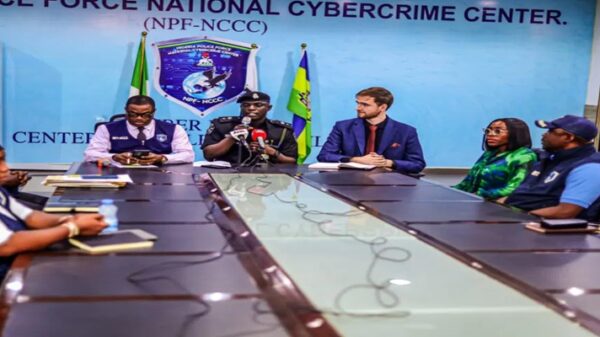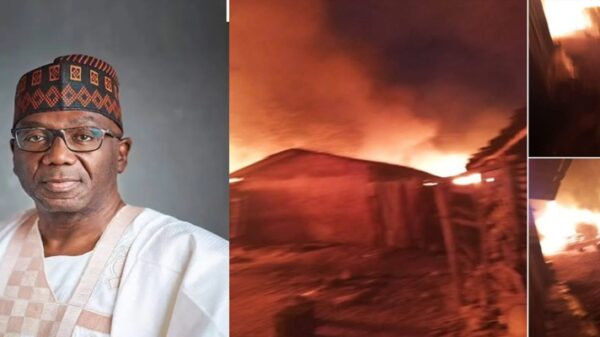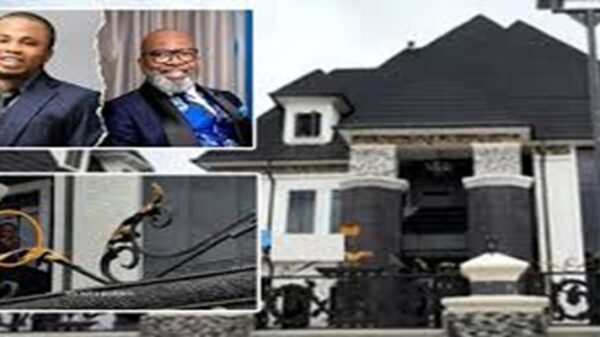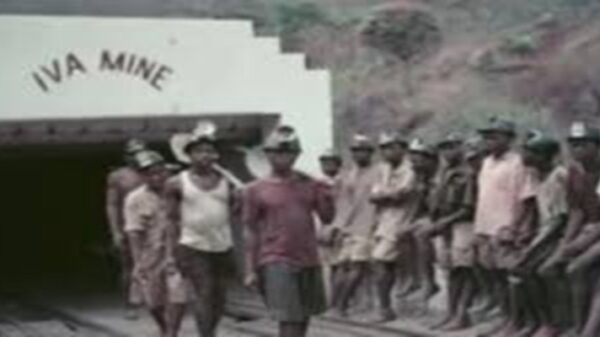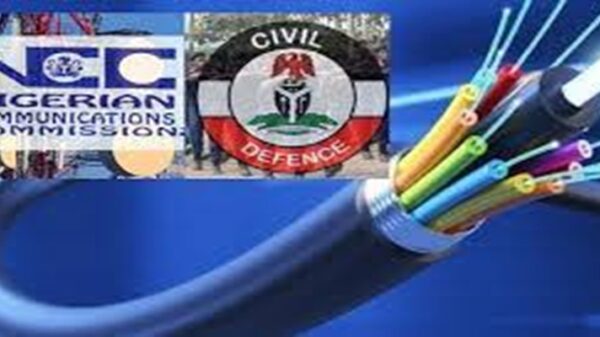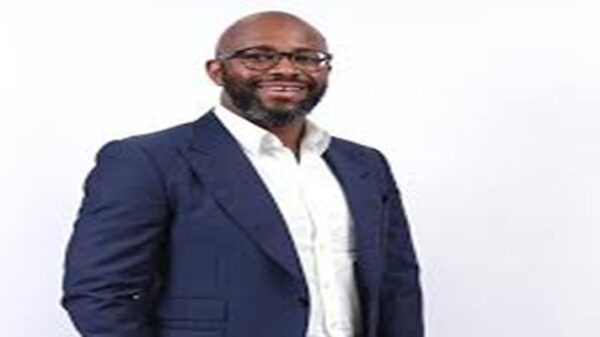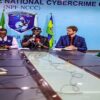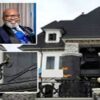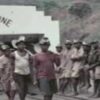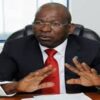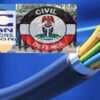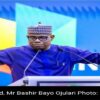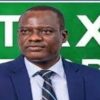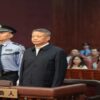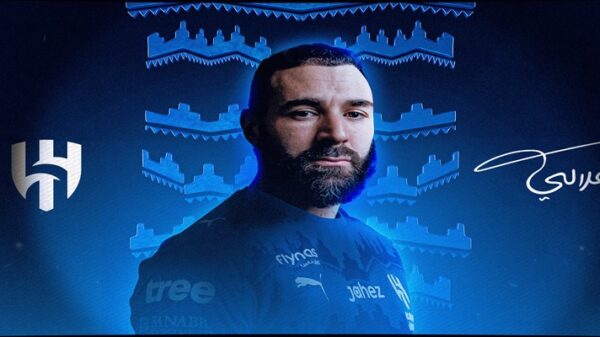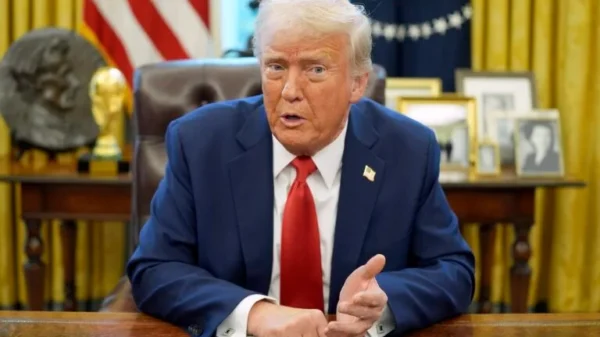The Economic and Official Crimes Commission (EFCC) on Thursday urged Nigerians to collaborate with the country’s anti–corruption agencies to achieve success in fighting corruption.
EFCC President Mr. Abdulrasheed Bawa gave the position at a regional conference organized by the Action Group, an NGO, in Port Harcourt.
Bawa, who represented Dele, the Head of the Public Affairs Unit of the EFCC Zonal Office in Port Harcourt, outlined the conference theme “Beyond forensic audit, repositioning the NDDC for inclusive and effective service delivery ” as appropriate.
He also urged Nigerians to pay attention to things going on in their immediate environment so that they can identify their problems and find solutions for them.
“We should identify with the needs of the Niger Delta, meet with the key stakeholders and be able to agree on what will move the Niger Delta forward and provide appropriate accountability,” he said.
Bawa also urged Civil Society Organizations (CSOs) to identify with the grassroots in order to obtain reliable information from them.
The EFCC chief stressed that the commission was solidly on the ground and ready to carry out its duties once they got genuine information from the public.
Also speaking at the event, Professor Bolaji Owasanoye, Chairman of the Independent Corrupt Practices Commission (ICPC), said the body was ready to partner with NDDC and CSOs to achieve its mandate.
Owasanoye, who represented Useiri, said ICPC is committed to investigating and prosecuting violators who go against the project implementation processes.
Dr. Osasu Ekpen, National Organizing Secretary, Host Communities, Oil and Gas Producing Areas of Nigeria, explained that NDDC had around 12,000 projects worth around N15 billion in the Niger Delta region.
Ekpen encouraged NDDC to engage with host communities and stakeholders during the budgeting and project implementation process.
Ms. Vivian Bellonwu, Director of Programs of the Social Action Group, said that the aim of the conference was to present an annual report evaluating the services and actions of the NDDC.
She said the report was the product of monitoring other civic engagements, involving the NDDC in their social contracts.
“We cannot overemphasize the fact that the NDDC is big and this is the fundamental challenge the public faces with the organization.
“We want the NDDC to reduce obesity to allow the commission to fulfill its mandate,” he said.
The highlight of the program was the presentation of the report on the findings of the NDDC Forensic Audit Task Force.
NAN
![]()


